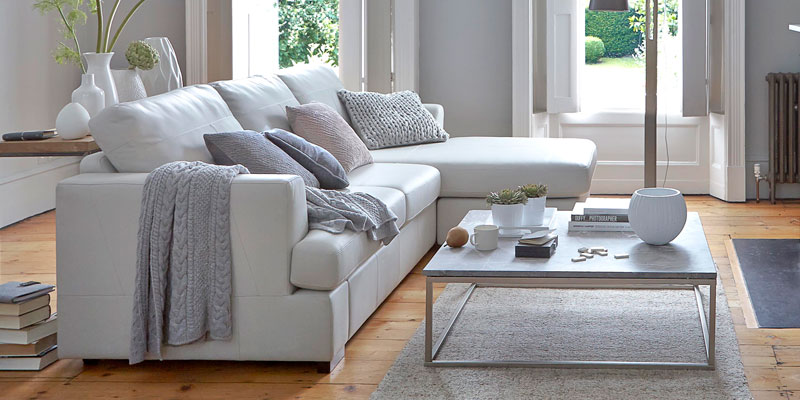Helen Normoyle is currently Chief Marketing Officer at DFS, where she is responsible for brand building, marketing, research and insight and communications. Prior to joining DFS she was Director of Marketing and Audiences at the BBC, Director of Market Research and Director of Media Literacy and Convergent Media at Ofcom. She was also Director of Marketing and Director of Global Insight and Product marketing at Motorola.

“…It’s important to give households, however they are made up, every possible chance to meet their full economic potential and this includes ensuring that there are equal opportunities for women to engage in the workplace…”
There’s a move towards a more empathy based approach to marketing today that appeals to consumers’ emotional side. How would you describe this trend in the context of your role at DFS?
In recent years we have certainly refined our marketing strategy by identifying new (to DFS) channels which allow us to build on our broadcast advertising by engaging consumers on a more emotional level.
Placing more emphasis on leveraging customer insights, we have started to use direct marketing, content, PR and social media to bring to life the more emotive side of our business such as our own UK design team; our three UK factories where our craftspeople use traditional methods to hand make many of our sofas; our free ten year guarantee on frames and frame springs and our CSR programmes.
We’ve also started to work with influential third parties who in themselves are inspiring and help us achieve more engagement with the customer – from important charities such as BBC Children in Need, British Heart Foundation and the Duke of Edinburgh Awards, through to well-known faces such as Giles Deacon, Laura Hamilton and Michelle Keegan.
How is female consumer behaviour influencing the way large corporates are constructing their product and service offerings?
Women tend to me more ‘involved’ in the purchase of furniture and, without resorting to stereotypes, generally have stronger opinions on the aesthetics than our male customers. At DFS we have always had female consumers at the forefront of our design and buying decisions.
A good example of how we construct our product offering to inspire a female audience is through our brand partnerships with Country Living, House Beautiful and French Connection as well as the creation of our own brands such as Capsule, Berkley Magna and Grand Tour. Our very talented design and merchandising team work closely with the brands to develop distinct styles and we know through research and insight that the credibility these brands command from our target audience certainly influences consumer behaviour.
Coupled with using more engaging channels to reach the customer, such as direct marketing, content and PR, we have been able to attract new customers to DFS via these successful partnerships as well as retaining our traditional customer.
How is technology / social media influencing marketing to women?
Digital communications and social media have transformed the relationship customers have with brands. We have certainly started to put more emphasis on social media in recent years as it allows us to share more inspiring content.
Pinterest for example is a perfect channel for a brand like DFS – we can share images, trends and style tips in a way that we wouldn’t through our print and broadcast advertising.
Why is gender balance important within DFS as an employer?
Diversity in general is important to DFS because our customers are also diverse and it makes sense that our teams reflect this. We aim to be a world-class company and so our emphasis is on getting the best people for the job, and from the widest possible pool, which naturally includes men and women.
DFS is both a retailer and a manufacturer and provides great opportunities for both genders due to the variety of roles on offer and flexible working hours across the business.
How can gender balance influence social mobility?
It’s important to give households, however they are made up, every possible chance to meet their full economic potential and this includes ensuring that there are equal opportunities for women to engage in the workplace.
It also relies on progressive employers recognising the positive impact women can have across a whole business, whether that is in the boardroom or on the shop floor.
When do you think we will see a time when gender balanced workplaces become the ‘new normal’?
It’s hard to say because different sectors are moving at different speeds. Also, creating a gender balance relies on managing the pipeline of talent coming into or through an organisation because companies are always going to pick the best ‘person’ for the job.The most important thing is that organisations understand where the issues lie and work hard towards a positive solution.
I am both a member of The Two Percent Club, an organisation that unites senior women to positively influence and drive forward better gender balanced business and WACL (Women in Advertising and Communications London) a network of the most influential women in the media, advertising and communications business, who meet to enable women in our industry to achieve their potential and to encourage greater numbers of women to get to and stay in senior positions.
http://www.pinterest.com/source/dfs.co.uk/





